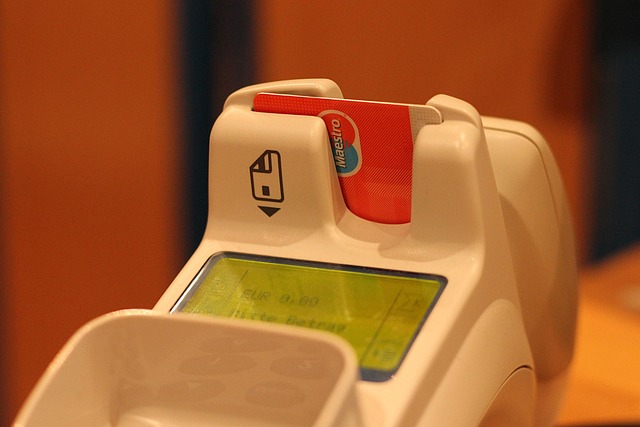Privacy laws like the FCRA are crucial for protecting individuals' sensitive data during background checks for rental applications. These regulations govern how landlords and tenant screening companies handle personal information, ensuring responsible access to credit reports and the right to dispute inaccurate data. Background checks offer landlords a view into potential tenants' financial stability and criminal backgrounds, but must balance tenant privacy rights with effective screening under rising data protection laws like GDPR or CCPA. Strict compliance is essential for both parties to maintain transparency, accuracy, and fair practices throughout the rental application process.
In today’s digital age, understanding the interplay between privacy laws and rental checks is paramount for both tenants and landlords. This article delves into the intricate details of how privacy legislation impacts the process of conducting background checks in rental applications. We explore the significance of these checks as a security measure while navigating the delicate balance between protecting personal data and ensuring safe housing environments. By examining these key aspects, we aim to offer valuable insights for all stakeholders involved in the rental industry.
- Understanding Privacy Laws: A Brief Overview
- The Role of Background Checks in Rental Applications
- How Privacy Laws Affect Rental Check Processes
- Balancing Privacy and Security in the Rental Industry
Understanding Privacy Laws: A Brief Overview

Privacy laws play a significant role in protecting individuals’ sensitive information, especially in the context of background checks for rental applications. These laws vary across jurisdictions but generally aim to safeguard personal data from unauthorized access or use. In the United States, for instance, laws like the Fair Credit Reporting Act (FCRA) govern how landlords and tenant screening companies conduct background checks.
The FCRA, for example, ensures that landlords only receive relevant information from credit reporting agencies and that tenants are notified of any inquiries made to their credit reports. This law also provides tenants with the right to dispute inaccurate or incomplete data. Understanding these privacy laws is crucial for both landlords and tenants to ensure compliance and protect their rights during the rental application process.
The Role of Background Checks in Rental Applications

Background checks play a pivotal role in the rental application process, serving as a crucial tool for landlords to assess potential tenants’ suitability. These checks provide valuable insights into an applicant’s financial health, employment history, and criminal record, all of which are essential factors in predicting their ability to fulfill rental obligations. By accessing this information, landlords can make informed decisions, ensuring they rent to responsible individuals who are likely to maintain the property responsibly.
In many jurisdictions, landlords are legally required to conduct background checks as part of their tenant screening process. This is particularly significant in light of growing privacy concerns and stringent data protection laws. Such regulations mandate that landlords obtain consent from applicants and adhere to strict guidelines when accessing and using personal information, including financial and criminal records. These measures aim to protect tenants’ privacy rights while enabling landlords to make vital decisions in their rental businesses.
How Privacy Laws Affect Rental Check Processes

Privacy laws play a significant role in shaping how landlords conduct background checks on rental applications, ensuring that sensitive personal information is handled securely and transparently. These regulations govern the collection, storage, and use of data, impacting every step of the rental process. For instance, many regions now mandate that landlords obtain explicit consent from applicants before accessing their credit history or previous employment records. This shift in power gives tenants more control over their data but also necessitates a more thorough verification process for landlords.
Furthermore, privacy laws often dictate how long and for what purpose landlords can retain this information. Landlords must carefully navigate these rules to ensure compliance while making informed decisions. With stringent data protection regulations in place, rental check processes have evolved, emphasizing the importance of accuracy, consent, and responsible data management throughout the background check rental application journey.
Balancing Privacy and Security in the Rental Industry

In the rental industry, balancing privacy and security is a delicate act, especially with the increasing focus on data protection. While thorough background checks are essential to ensure safe and responsible renting, they must be conducted within the confines of relevant privacy laws. Every tenant’s personal information, from their credit scores to employment records, is sensitive data that requires careful handling.
Privacy laws like the General Data Protection Regulation (GDPR) in Europe or the California Consumer Privacy Act (CCPA) in the US outline strict rules on how businesses can collect, store, and process such data. Rental applications, which historically relied heavily on these checks, must now adapt to ensure compliance. This shift means implementing robust security measures to safeguard tenant details while also providing transparency about data usage, giving tenants control over their personal information, and ensuring fair practices throughout the rental process.






